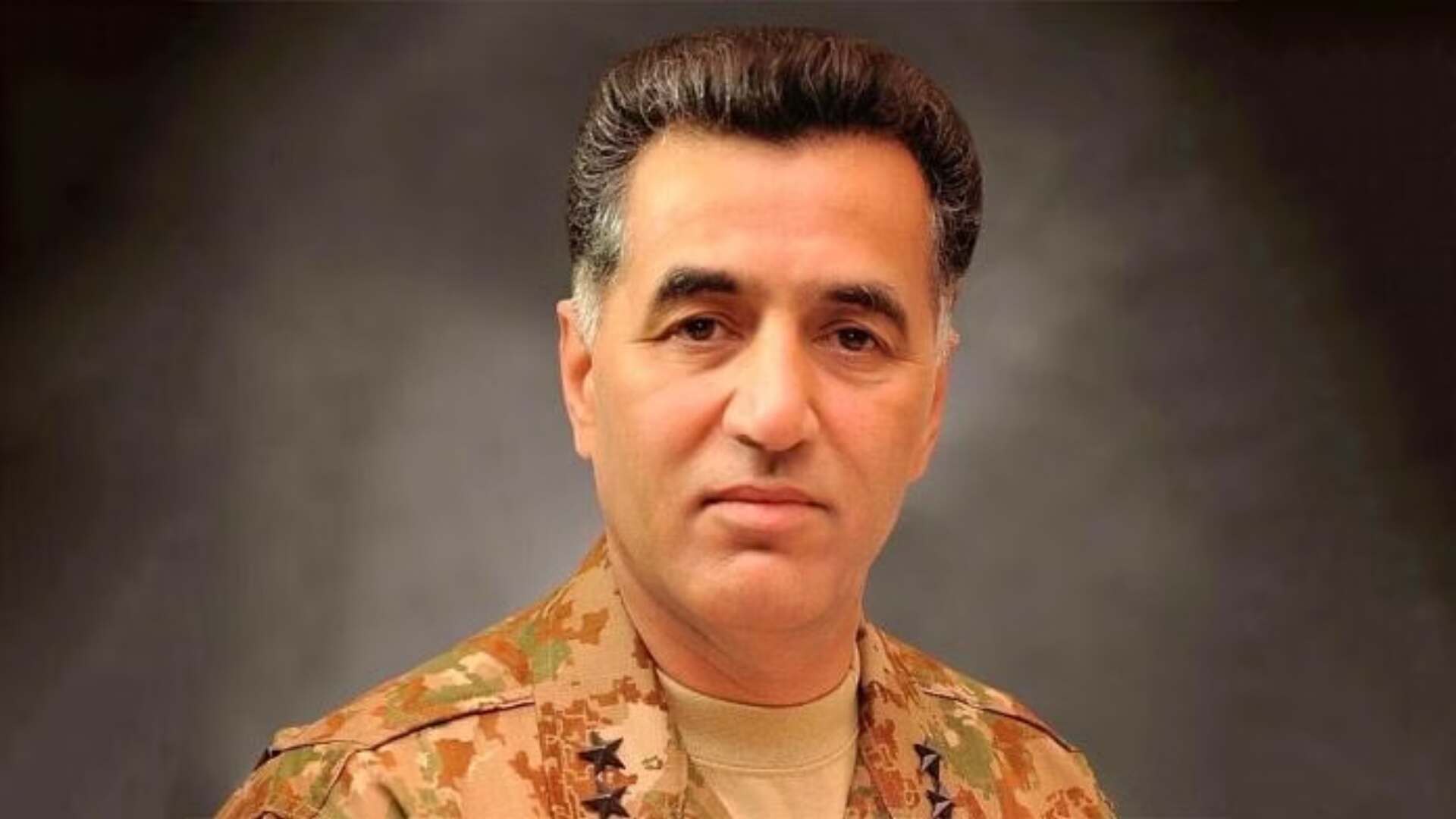General Faiz Hameed, a prominent figure in Pakistan’s military history and former Director-General of the Inter-Services Intelligence (ISI), has recently been arrested and is facing court-martial proceedings. His case marks one of Pakistan’s most significant legal actions against a senior military officer, drawing widespread attention domestically and internationally.
Background of General Faiz Hameed
General Faiz Hameed rose to prominence within Pakistan’s military as a powerful and influential officer, particularly during his tenure as the head of ISI. He played a crucial role in various strategic operations and was often in the public eye, a rarity for someone in his position. His close association with former Prime Minister Imran Khan made him a central figure in civil-military relations during Khan’s tenure. This relationship, however, also brought about controversies and tensions, especially with other military leaders who disagreed with his approach and his close ties to the political leadership.
Allegations Leading to Arrest
The arrest of General Faiz Hameed stems from a series of serious allegations, including the misuse of authority and involvement in corrupt practices. One of the key allegations was brought forward by Moeez Ahmed Khan, the owner of a real estate project called Top City. According to the petition filed in the Supreme Court of Pakistan, General Hameed allegedly orchestrated a raid on Top City’s offices in 2017 through ISI operatives, during which valuable items were seized. The petition further claims that Hameed’s brother later contacted Khan to negotiate the return of some items, but substantial amounts of gold and cash were never returned.
These allegations are part of a broader investigation into General Hameed’s activities, which have led to the initiation of court-martial proceedings. The charges against him are significant enough that the military has deemed it necessary to subject him to its rigorous accountability process, which is known for its stringency and impartiality.
Court Martial Process
The process of court martial in Pakistan’s military is highly structured and follows a strict legal framework. It begins with a Court of Inquiry, which gathers evidence and assesses the validity of the charges. If sufficient evidence is found, the process moves to the recording of a summary of evidence, where testimonies and additional proofs are collected.
In General Hameed’s case, the inquiry has already concluded that there is enough evidence to proceed with a full court martial. This phase will determine his guilt or innocence based on the gathered evidence. The possible penalties range from demotion and loss of privileges to imprisonment, and in extreme cases, even the death penalty.
Implications of the Arrest
The arrest and court martial of General Faiz Hameed have significant implications for both the military and political landscapes in Pakistan. For the military, this case underscores the institution’s commitment to accountability, even at the highest levels. The Director-General of the Inter-Services Public Relations (ISPR), Lt. Gen. Ahmed Sharif Chaudhry, emphasized that the military’s self-accountability process is continuous and applies without bias, regardless of rank. This reinforces the message that no military member is above the law.
Politically, this development could have repercussions for former Prime Minister Imran Khan, who is already facing a series of legal challenges. Given Hameed’s close association with Khan, there is speculation that this case might lead to further investigations or charges against the former prime minister, potentially complicating his political future.
Conclusion
The arrest and court martial of General Faiz Hameed represent a pivotal moment in Pakistan’s history, highlighting the military’s internal dynamics and its relationship with civilian leadership. As the proceedings continue, they are likely to attract significant attention, both in Pakistan and internationally, as observers watch to see how this high-profile case unfolds and what it might mean for the future of civil-military relations in the country.
This case is a reminder of the complexities and challenges that come with maintaining accountability and transparency within powerful institutions like the military. It also raises important questions about the balance of power in Pakistan and the potential consequences of these legal proceedings for the country’s broader political landscape.
